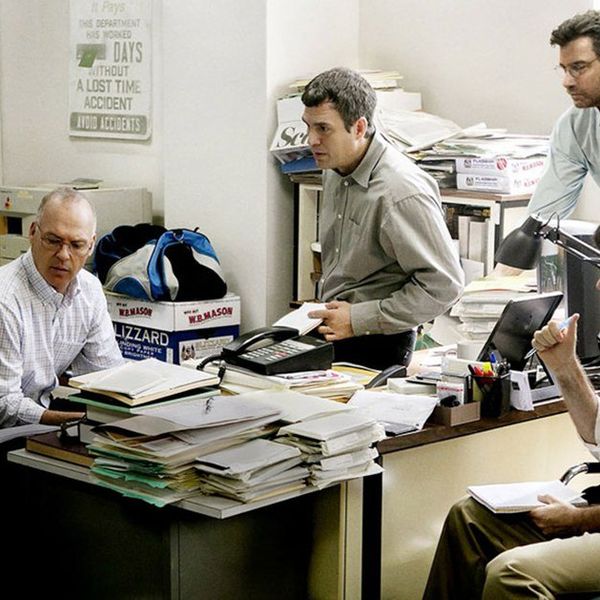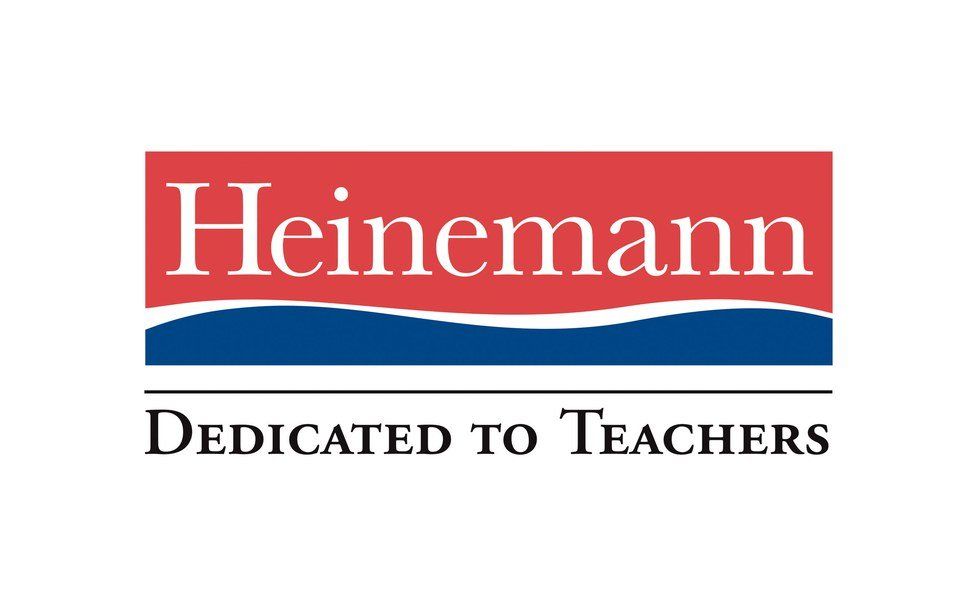Breaking into the publishing world is a hard task to complete, especially when experience is lacking. Despite this it continues to be a highly coveted job pool for English majors.
Heinemann Publishing, founded in 1978, is considered a more educational publisher. They provide professional and educational resources for teachers. They hope to support teachers' efforts to help children in their pursuit for knowledge. They work with multiple topics such as reading, writing, literacy, math, science, social studies, and teaching in general.
When asking to speak to someone in the editing department they put me in contact with Patricia Adams, the director of the production department. In that position, she oversees a staff of production editors and makes sure that books and technology products are created to Heinemann's standards. Patricia has a background in education as well as having experience in production and editing. She mentioned that those skills come in handy, especially when attempting to move up the ladder in this line of business.
Below is the transcript of the interview I conducted with Patricia. I tried to ask certain questions that would help gain more insight on how to get into the business.
Rebecca Carey: What are the requirements for the job?
Patricia Adams: We have various hiring managers in our publishing company, which multiple requirements depending on the job. Most applicants have skills in editorial, project management, and/or education since we are a publisher of books and resources for teachers. My production editors need to be good at communication, excellent with grammar, good multitaskers, have a strong design sense, and attention to detail is critical. Production editors have to work closely with authors to help their book’s take shape, but also work with others in our own company from editorial, marketing, and manufacturing.
RC: What are employers looking for on one’s resume?
PA: I personally look for a breadth of experience and someone who is clearly keeping up with technology through their job experience and/or educational background.
RC: Does knowing someone in the industry help with acquiring a position?
PA: We often get referrals from in-house employees, and very often personal recommendations are taken.
RC: What are your day-to-day duties?
PA: I am the director of the production department. I oversee a staff of production editors who create books and technology products. Our main focus as a group is to adhere to schedules, create products that are free of errors, and help our authors through the production process, which sometimes takes months and years.
RC: What is your area (or genre) of expertise?
PA: I have both an educational background and production and editorial skills. I worked as a developmental editor and also as a freelancer for years, before coming on staff as a production editor. I then was promoted to manager and then director.
RC: What work, out of the ones you have edited, is the one you are the most proud of?
PA: A recent book I served as the production editor is Reading Nonfiction (Beers/Probst). It is doing very well and was on a very tight schedule, so I had to work hard to get it out as soon as possible.
RC: How much of a role does social media play in the industry today?
PA: Out company is working hard to embrace social media and grow that piece of the business, especially as many of our young authors are teachers who are comfortable using social media.
RC: What should be strengthened before entering the business?
PA: I’d get as much experience as possible writing, editing, and creating graphics for the web and print.
RC: Is a master’s degree required? Is it suggested?
PA: It really depends. Most of my production editors do not have masters, and they’ve been in the business a long time so their work experience has given them expertise. The editors who work to sign on new projects almost all have masters, and teaching experience, so it depends on what role you want in the company.
RC: What is a good resource for someone who is trying to get into the business?
PA: Attending workshops through Bookbuilders of Boston and being skilled in technology are assets. Any experience in e-publishing is also valuable.
RC: Is working under a deadline hard to do? Do you work under deadlines a lot?
PA: Yes, we are constantly meeting deadlines and having to make deadlines, especially in the production department. If our books are late, the repercussions are huge because we have to pre-schedule with our printers, order paper, etc. so it has a big impact. We also produce catalogs several months in advance, so we have to advertise products prior to publication, and make sure they are accurately represented.
RC: How long are you typically given to finish editing a piece of work?
PA: It really depends on what level of work is needed. Many of our products are worked on before they come into production between the author and their acquiring editor. Then, sometimes a developmental editor works on a manuscript. We in production hire copyeditors and also proofreaders for all our books. A typical normal copyeditor works at a rate of 6-7 pages an hour, and a proofreader works at a rate of 10 pgs/hour but obviously it can vary tremendously. Math books a bit slower, and obviously, if there are lots of figures and open designs, there are fewer words to read/review on a page.
RC: What is your favorite part of a job?
PA: I love to see a book when it’s completed---sometimes it’s a yearlong process, but the best part is holding the finished product and sending to authors for their first peek.
RC: What is your favorite style guide? I picked up a copy of the Chicago Manuel Of Style, is that a good resource?
PA: Yes, Chicago Manual of Style and we also use Merriam Websters for spelling. I also used to use Words into Type, and recommend Elements of Style.
RC: What do you prefer, print or eBook? Do you think that eBooks will take over the industry eventually?
PA: I like both, but our professional hard copy books still outsell eBooks, probably because of the nature of the material. Teachers tend to go back through, flag things, and want the physical resource. We do, however, produce most of our books in eBook format, but they don’t sell nearly as well yet.
RC: How long did it take you to reach your position at Heinemann?
PA: I’ve been in publishing in one job or another since I graduated college, 1985. I’ve been a staffer at Heinemann for over 10 years, but prior to that I worked for Heinemann as a freelance editor, for another 8 years.
RC: Is there any type of editing test before one would get the job?
PA: We have freelancers take a copyediting test or a proofreading test to screen out anyone who doesn’t have the skills.
RC: What are the best undergraduate degrees to get for the job?
PA: English, communications, graphic design.
Needless to say it was a very educational interview and Patricia was very knowledgeable and helpful!





















